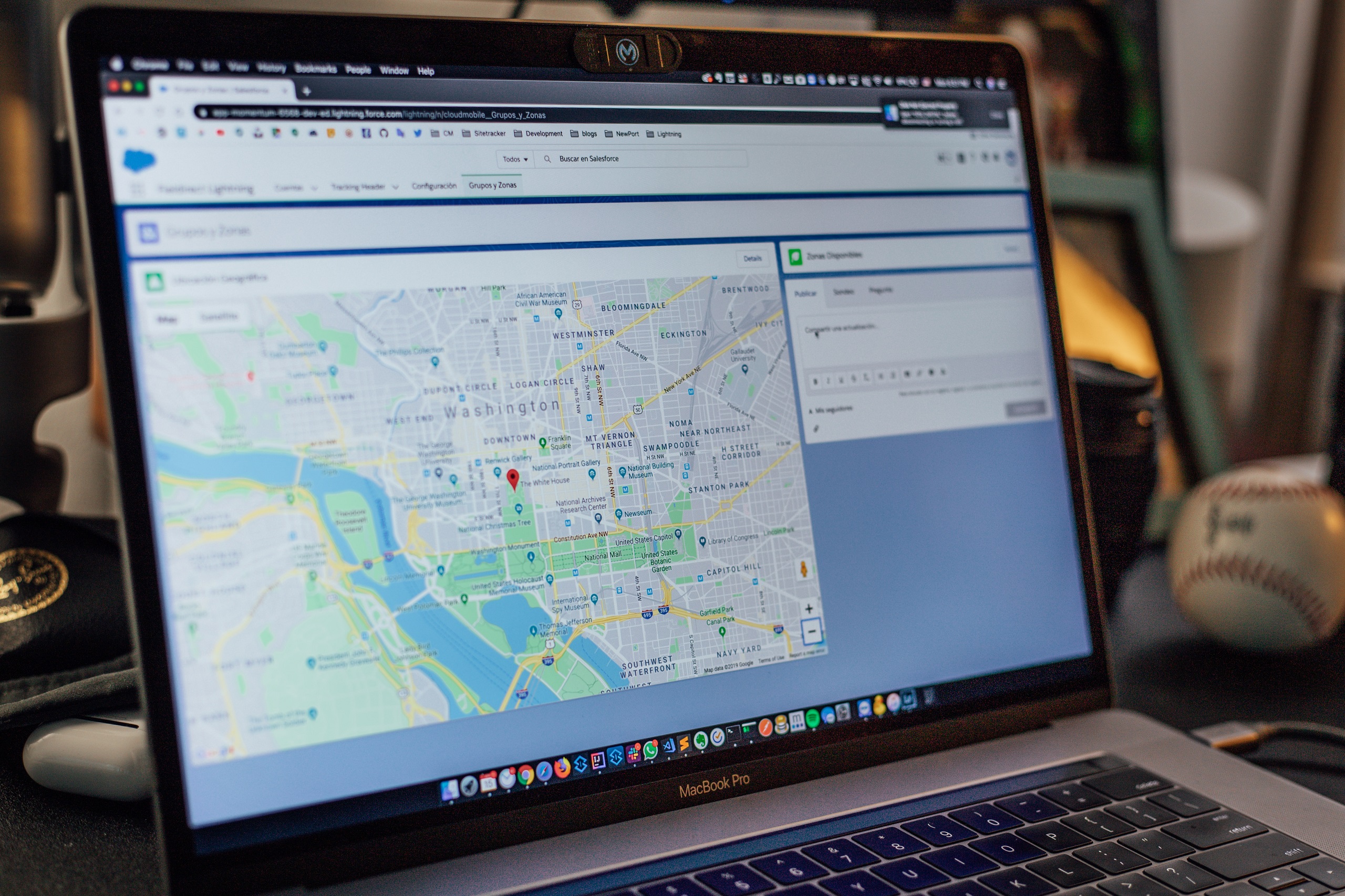Imagine your company’s data as a fine meal. Who’s up for a tasty plate of pasta? You want to consume that data because it meets your needs, but two obstacles stand in the way of a winning meal experience.
First, your data may appear as wayward strands of spaghetti rather than plated for optimal consumption. And second, the ideal sauce that combines everything in delectable harmony is somehow missing!
Fact is, businesses rely on data to fuel company operations and growth. Many companies choose Microsoft Excel as a functional and valuable tool to review, manage and connect vital data across the enterprise.
Excel can have limitations depending on your company’s size, needs, and wants. Excel presents challenges as a tool with multiple spreadsheets covering different areas of the organization. How do you know this is happening? Look for occurrences in essential formulas that inadvertently get changed.
Have you calculated the hidden costs in time and money these operational inefficiencies cost you, both today and in the future? As the business owner, you are likely aware of a problem but unsure what solutions exist and at what cost.
Fortunately, there is a way forward. And it starts with knowing the warning signs of your spreadsheet as pasta-like strands of wayward data …
6 Warning Signs Your Spreadsheet Menu Needs a NEW Recipe
Spreadsheets house a significant amount of data. When you view that data as strands of pasta, you begin to see the emerging challenges in your current environment. For example, reporting doesn’t work as well as you’d like. And errors are on the rise. Overall, things aren’t coming together how you’d like to plan and make better decisions.
How do you know your spreadsheet pasta needs a new recipe? Do any of these sound familiar?
- There are questions about which version of a spreadsheet is the most current.
- Spreadsheets are proving increasingly unreliable. Some even have formulas that have inadvertently been changed or were copied from another incorrectly.
- You rely on multiple linked spreadsheets to run your business, often a half dozen or more.
- To save time, you created spreadsheet templates. But they keep breaking. Is your team running the same version of the template or different versions?
- Your data operation is personality-dependent, not systems-dependent. That means your tech person is not setting up the proper systems should they exit your operation.
- There isn’t adequate testing and reporting for your “recipe” or system. This can result in more errors and far less accountability.
Spreadsheets do have their place. Users can quickly record something or create a model that calculates something concrete.
However, enterprise solutions are often required as a company’s needs grow. Those challenges require active attention and management. Fortunately, there is a solution …
A Relational Database: a Perfect Sauce for Your Rogue Strands of Pasta-Lake Data
You already have a current database. (The pasta.) Or multiple databases depending on your company size, the number of different departments, and how your company interacts with your clients and customers.
How well do those databases connect with and talk to each other? Or are they just individual data silos? If so, graduating to a relational database (the right sauce) is a real advantage.

A relational database delivers what’s currently missing: seamlessly relating data from one area of your business to another. Customization of a relational database is critical, so don’t be fooled by cookie-cutter solutions.
What works best with your data and needs should be carefully crafted—continuing our food analogy, what works best for you, a pesto sauce, carbonara, or maybe something more exotic?
As a natural progression of your current tech stack, Microsoft Access can help accelerate the data evolution of your business. But Access is not the only technology solution available. That’s why you need more than just a programmer; you need a technology partner like Barnes Business Solutions that can consult with you and make the right choices and recommendations for your company now and in the future.
The Right Sauce + Pasta = Complete Satisfaction on Multiple Levels

Profit-reducing operational inefficiencies are very likely holding your company back. It’s time you tolerate those time wasters no longer. Because leveling up to a relational database offers a full spectrum of benefits you likely haven’t fully considered.
Assuming you are working with multiple spreadsheets across various company departments, a relational database is more expandable with room to grow. It’s also easier to maintain. And human-costs wise, there’s less repetitive effort and errors.
The end product is more accurate, and the data is portable. For example, are you tracking and updating the commissions of the sales team? Your mood once a relational database is in place will transform from crappy to happy.
In the Kitchen, AKA, The Lab Part 1: The Process to Relational Database Success
Do you know what makes a difference in technology, programming, and tech stacks that work now and in the weeks, months, and years ahead?
It’s because we bring more than programming wizardry to the job. With Barnes Business Solutions, we provide a process and system engineered for success. It looks like this …
Phase 1: Diagnosis and Analysis
Continuing our food metaphor, this is where we look at the menu. (As well as what’s eating you about your current options.)
We begin with an in-depth consultation to discover what type of data is stored and captured, the software’s basic functionality, and what customization is needed.
We also review contracts with past and existing vendors (tech support, software licenses, and hardware) and the relevant specs, references, and design documents.


Phase 2: Data Capturing and Testing
Here we put the functionality to the test. We review both design and cost. Development begins and ranges from concept to framework. You’ll know what is in each field. Next are the two final phases of our process …
In the Kitchen, AKA, The Lab Part 2: The Finishing Touch to Relational Database Success
A process is only as good as its inner workings from start to finish. Here is where we prove it …
Phase 3: Systems and Reporting
This phase is where it all comes together, so everything envisioned becomes a reality. Meaningful reporting proves an accurate picture of your business’s most vital metrics. All, so you scale for growth and superior ROI. This phase puts it all together.
Phase 4: Delivery of Final Solution
After rigorous testing and detailed configuration, the final product is delivered. Validation is performed at both an alpha and beta level. Naturally, variables exist in each of these phases. For example, testing is covered during the development phase and onsite/user acceptance and, where needed, in parallel with a production environment.
The Technology Chef is Ready to Serve You
Maria Barnes, the founder of Barnes Business Solutions, is ready to serve your business, just like she has so many others across multiple industry verticals and tech stack deployments.
So if you have a spaghetti mess of spreadsheets, Maria is the one to call to turn your raw ingredients into the meal you always hoped for. She and the team will configure a relational database instead of or in addition to spreadsheet reporting. Once in place, you’ll enjoy the zest of better ROI.
Hungry for More?
Barnes Business Solutions is your source for proven technology solutions. And maybe you’re ready to have a seat at the table to discuss your meal. Or perhaps you are curious and are hungry for some additional information about us. Either way, your appetite will be satisfied.
To discover how Barnes Business Solutions can take your technology to the next level, Download our Action Guide here.
To consult with the Tech Chef herself and book a call, send her a message here.
When you do, you’ll discover the right technology solution for your business is closer than you ever imagined and ready for you to put it to the taste test.














